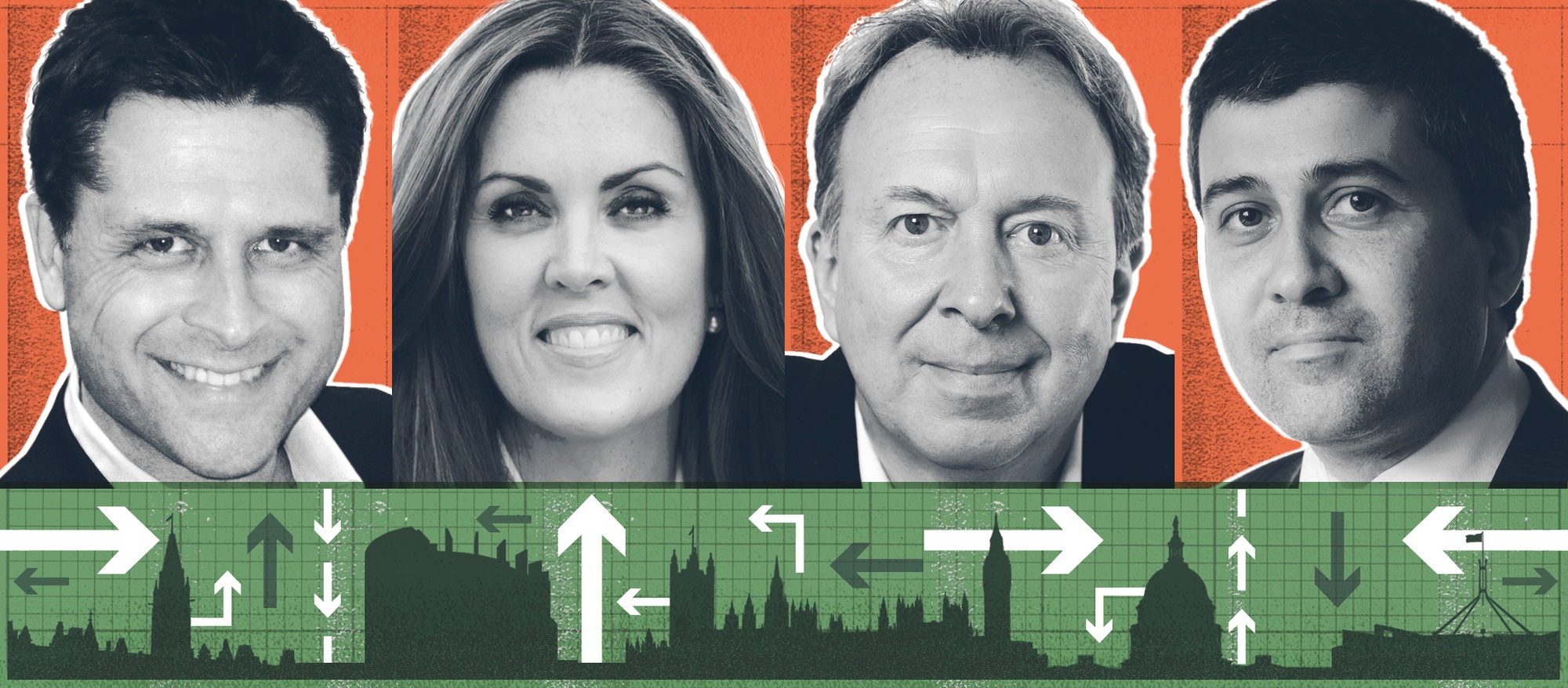Andrew Parsons, PA Images
On the fringe of this morning’s Conservative Party Conference in Manchester I listed ten things every Conservative should know and I’ve set them out very briefly below. Charlotte Pickles will be writing about the other panellists’ reactions to my list – and also about the audience’s comments – in a separate post in the next day or two.
***
(1) The most important things aren’t in the news. If they were, there’s no way Jeremy Corbyn would have come close to power in June or that Donald Trump would have been elected. Both were propelled to the margins of power or to power itself by forces that were barely or inadequately covered by the mainstream media. Like Trump, himself – as the video below argues – nearly all of us spend too much time consuming the output of an industry that is obsessed with the latest things rather than the most important things (with controversy over enlightenment, with negative over positive, and with the political over the technological and cultural). As well as reading the likes of The Spectator and Wall Street Journal, politicians with an eye to the future need to be immersed in Wired, Scientific American, history books and, of course, UnHerd’s “UnPacked” column and the deeper, broader trends Peter Franklin brings to our attention via it, each and every weekday.
(2) The scale of disruptive automation heading our way. A report by PwC estimated that 30% of current UK jobs, 35% of those in Germany, 38% in America (and 21% in Japan) are vulnerable to automation from AI and robotics by the early 2030s. New jobs might be created in time and/or huge new leisure opportunities opened up but how bumpy will the transition be? Nigel Cameron’s book on robots explores these challenges and our preparedness for them.
(3) The rise of China. Just because we’re familiar with it, we need reminding of China’s onwards march – upskilling its labour force, its infrastructure, its technologies and its military. Its latest big step forward is its One Belt, One Road project, investing over $1 trillion in 65 countries. Michael Burleigh wrote about the scale of Beijing’s ambitions here.
(4) Capitalism’s unpopularity (and the right way to meet that unpopularity). Data from Legatum Institute last week found that those favouring public ownership of UK’s water industry were 83%, of electricity 77%, gas 77% and railway 76%. Socialism was more favoured than capitalism. That taxes should rise to fund the NHS. But we can draw the wrong lessons from this? As I argue on The Feed; capitalism wasn’t that popular in Thatcher’s time either. The sensible way forward isn’t rhetorical defences of the free market system but policies that unleash its creative power and eliminate market distortions.
(5) Concentration of market power. Four airlines control 80% of US domestic market. Three drug stores account for 97% of drug stores. Walmart delivers 30% to 50% of all products Americans consume. Google and Facebook are winning 98% of all growth in digital advertising. Nearly $1 in every $2 Americans spend online is spent with Amazon. Despite what some ‘free market’ think tanks in receipt of big money from big business might have you believe, this reduction in competition is dangerous.

 Main Edition
Main Edition US
US FR
FR





 The last two points – the idea of
The last two points – the idea of 
Join the discussion
Join like minded readers that support our journalism by becoming a paid subscriber
To join the discussion in the comments, become a paid subscriber.
Join like minded readers that support our journalism, read unlimited articles and enjoy other subscriber-only benefits.
Subscribe